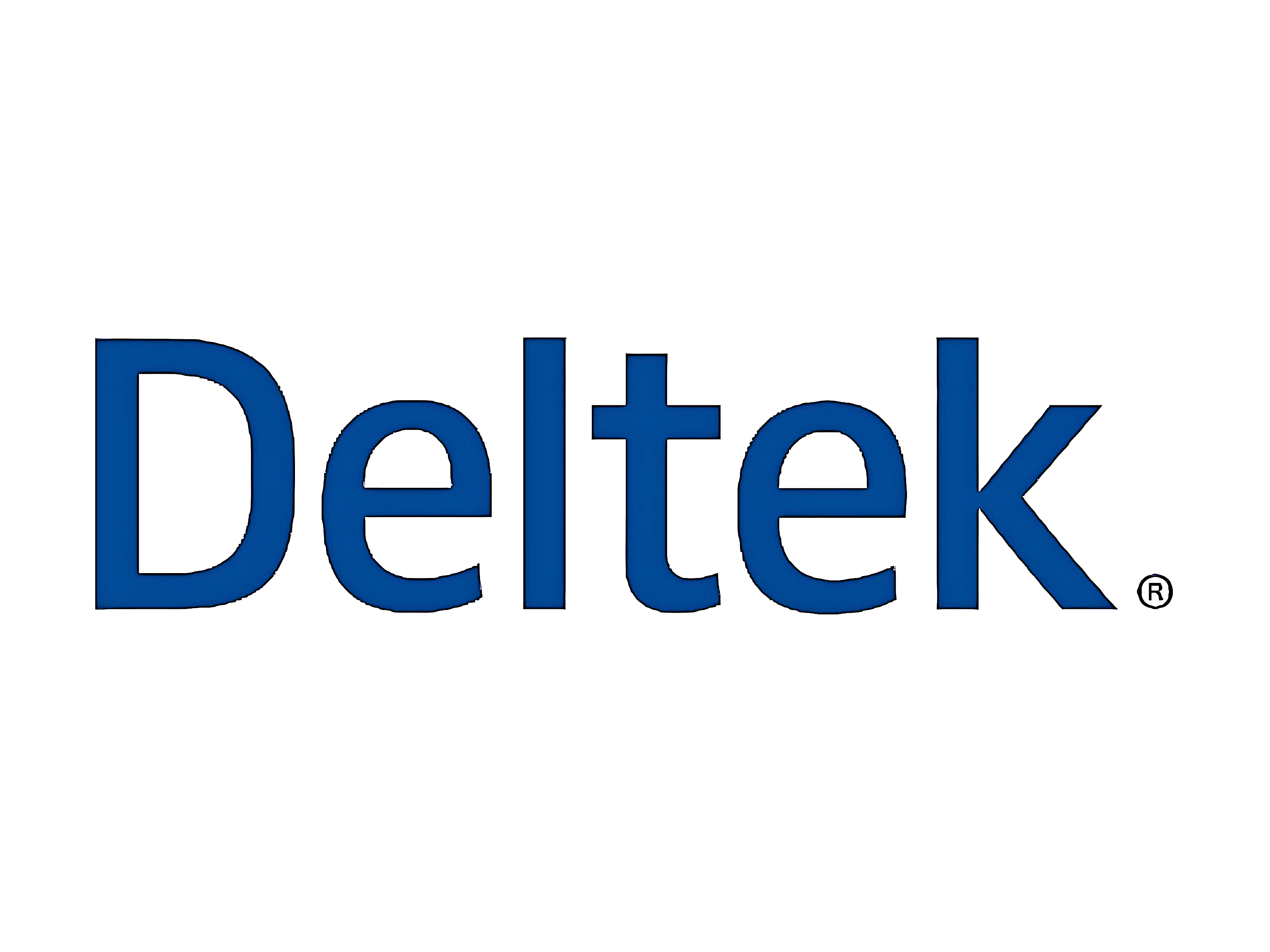How Monograph Project Accounting Optimizes Resource Allocation
Wiki Article
Discovering the Secret Functions of Monograph Accounting for Effective Accountants

Specifying Monograph Accounting: A Comprehensive Summary
Monograph accountancy stands for a customized approach within the broader area of economic coverage. This technique emphasizes the detailed and systematic documents of monetary transactions and their implications. Unlike typical accountancy, Monograph accountancy is usually customized to special scenarios or details industries, giving a concentrated framework for analysis and coverage. It permits accountants to delve much deeper into particular locations, offering a detailed view that straightens closely with business objectives.A key attribute of Monograph accountancy is its adaptability; it can include numerous audit requirements and practices as needed. This adaptability allows accounting professionals to produce reports that are not just accurate yet likewise pertinent to stakeholders. The approach often entails considerable research and assessment of economic information, ensuring that every aspect is completely recognized and recorded. Hence, Monograph accounting acts as a vital device for accounting professionals intending to provide insightful financial assessments tailored to specific contexts.
The Significance of Clearness and Precision in Financial Reporting

Inaccurate or uncertain coverage can result in illinformed strategies, wore down trust fund amongst investors, and regulative analysis. Accounting professionals need to focus on accuracy in their job, ensuring that numbers are meticulously verified and financial stories are coherent. This not only fosters transparency but additionally boosts the total credibility of the organization.
Inevitably, quality and precision in monetary reporting are essential for maintaining stakeholder self-confidence and advertising lasting company growth. Accountants play a critical role in promoting these criteria, making their expertise important in browsing the intricacies of monetary data.
Simplifying Decision-Making Procedures Through Monograph Accountancy
Performance in decision-making processes is considerably enhanced via the principles of Monograph audit. By combining comprehensive monetary data into a single, systematic structure, accounting professionals can swiftly access essential details needed for educated choices. This approach reduces the time spent on information access and interpretation, permitting an extra dexterous response to economic situations.Moreover, Monograph accountancy emphasizes clear classification and thoughtful organization of economic transactions, which lessens errors and miscommunication. When accounting professionals use these principles, they can offer economic insights in an organized way, facilitating conversations among stakeholders.
In addition, the standardization integral in Monograph bookkeeping makes it possible for seamless contrasts across various periods or divisions, additionally aiding in tactical preparation. This structured method not just maximizes the internal processes of audit professionals yet also boosts the overall organizational dexterity, empowering organizations to adapt to altering market conditions quickly.
Secret Benefits for Accountants and Their Customers
While embracing Monograph audit may need a first investment of time and sources, the lasting advantages for both accounting professionals and their clients are considerable. This accountancy technique promotes improved accuracy and transparency, allowing accountants to keep more clear economic documents. By combining info into a particular narrative, clients acquire much better understandings right into their financial health, promoting educated decision-making.Monograph bookkeeping fosters stronger client connections with enhanced interaction. Accounting professionals can provide monetary information in a much more digestible format, making it simpler for clients to understand complicated info. This clearness not only develops count on however likewise encourages aggressive economic administration
Furthermore, the streamlined procedures connected with Monograph accountancy lower the chance of mistakes, which can save both money and time. Ultimately, the assimilation of this strategy results in more reliable procedures, enabling accounting professionals to supply better solution while empowering clients with improved monetary understanding and control.
Practical Applications of Monograph Accounting in Different Industries
In what ways can monograph accounting transform different industries? By offering a concentrated and comprehensive approach to monetary coverage, Monograph accounting boosts clarity and precision across diverse markets. In healthcare, as an example, it promotes the accurate monitoring of person costs and resource appropriation, ultimately enhancing economic management. The manufacturing field take advantage of its structured evaluation of manufacturing prices, enabling far better pricing techniques and earnings analyses.In the retail sector, Monograph audit helps in supply management and sales forecasting, helping companies enhance stock levels and decrease waste. In the nonprofit sector, it aids in clear coverage of give financing and resource usage, promoting depend on amongst stakeholders. Generally, Monograph accountancy's customized techniques enable organizations to achieve financial transparency and operational efficiency, making it Monograph Accounting a very useful device throughout numerous markets. Its versatility makes sure that companies can meet specific accounting demands while preserving compliance with regulations.
Frequently Asked Inquiries
What Software application Is Best for Implementing Monograph Accountancy?
The most effective software for applying Monograph accountancy includes Xero, and Sage. These systems provide comprehensive attributes tailored for reliable monitoring, reporting, and monitoring of financial information, assisting in streamlined accounting procedures for experts.How Does Monograph Audit Differ From Typical Accountancy Methods?
Monograph audit concentrates on individual jobs or clients, stressing in-depth tracking and reporting for particular entities, while traditional accountancy aggregates information across all entities, prioritizing general monetary health as opposed to project-specific understandings and performance.What Prevail Difficulties Accountants Confront With Monograph Audit?
Accountants usually come across challenges with Monograph accountancy, consisting of intricacy in financial coverage, assimilation with existing systems, guaranteeing compliance with laws, adapting to special customer needs, and taking care of the detailed paperwork needed for precise evaluations.
Are There Particular Regulations Governing Monograph Bookkeeping Practices?
Yes, particular laws frequently govern Monograph accountancy practices, including adherence to nationwide audit criteria, compliance with tax regulations, and industry-specific standards. Accounting professionals need to stay informed to guarantee their techniques line up with these established frameworks.Just How Can Accountants Remain Updated on Monograph Accounting Trends?
Accounting professionals can remain updated on Monograph accounting fads by registering for market publications, participating in appropriate workshops and conferences, participating in specialist organizations, and involving with on-line forums dedicated to audit requirements and best practices. (Monograph)Monograph bookkeeping presents an one-of-a-kind framework that enhances economic reporting for accountants. Unlike standard accountancy, Monograph bookkeeping is frequently tailored to special circumstances or details sectors, offering a concentrated framework for analysis and coverage. An essential feature of Monograph accounting is its flexibility; it can include different accounting criteria and practices as required. By giving a focused and comprehensive technique to financial reporting, Monograph accountancy improves quality and precision across diverse fields. Yes, specific guidelines often regulate Monograph accountancy techniques, including adherence to national bookkeeping criteria, compliance with tax laws, and industry-specific guidelines.
Report this wiki page